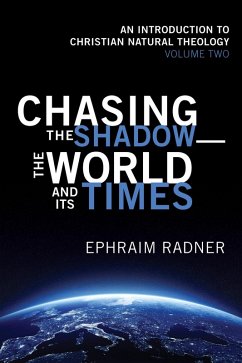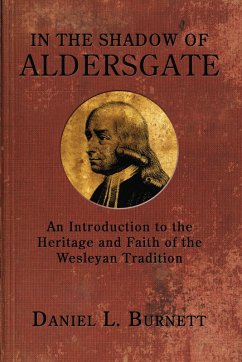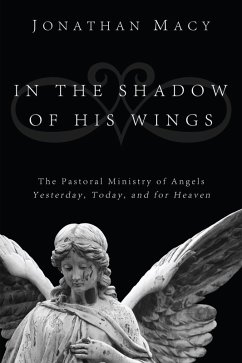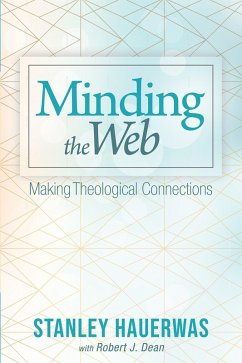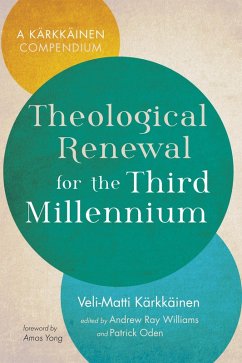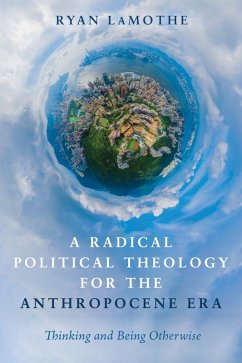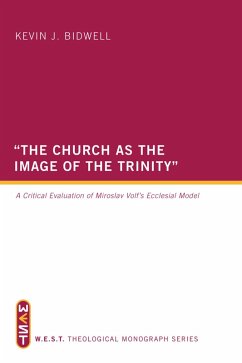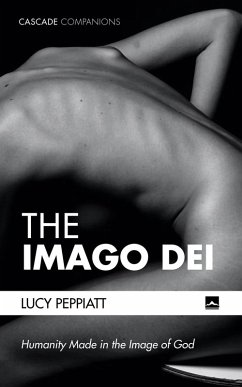Christian natural theology is founded on the proper coordination of Scripture and the created world, what was once called "The Two Books" of God. Carrying forward the work he began in The World in the Shadow of God, Radner here reflects on the way that Scripture's creative relationship with temporal experience--ordering history rather than being ordered by history--opens up the natural world to its essential Scriptural meaning. Like the earlier volume, poetic description is offered as a primary vehicle for doing natural theology, which is shown to proceed according to the figural shape of the Bible's own description of the world.
Dieser Download kann aus rechtlichen Gründen nur mit Rechnungsadresse in A, D ausgeliefert werden.

